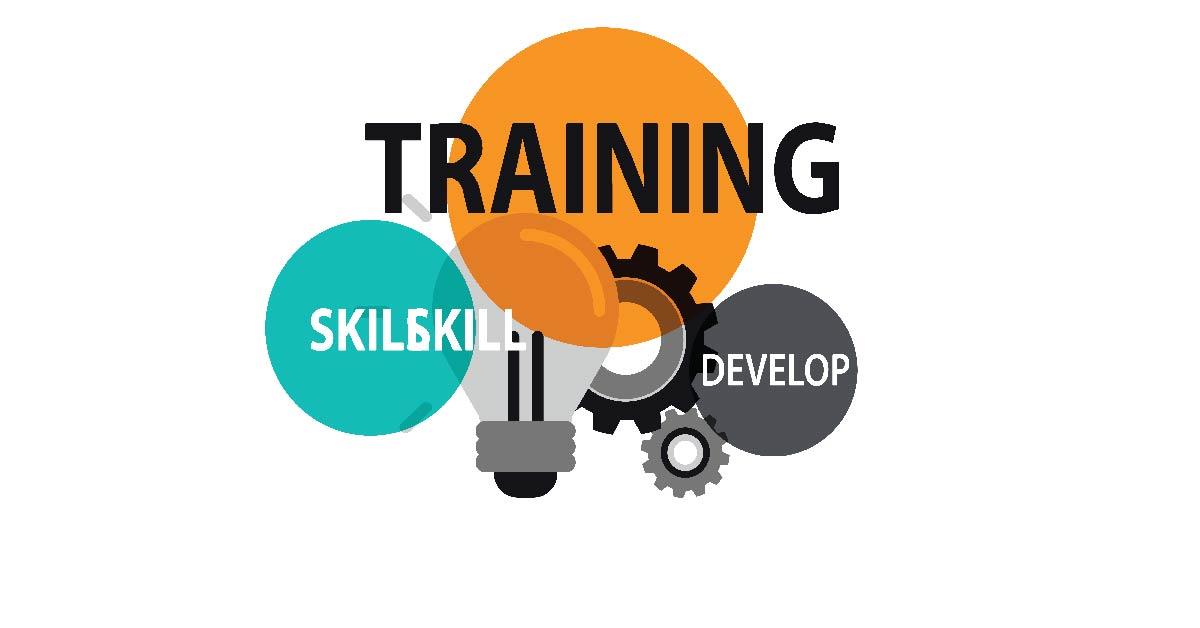One recent article highlighted the fact that 80% of the funds raised by French start-ups go to companies in Paris and the Ile-de-France region. This is despite the fact that the corporate tax rate in France is lower than in the UK and Germany. It also noted that French startups have exported the startupo.fr model to other countries, including Silicon Valley. Whether or not Paris is good for startups depends on the specifics of each company and its industry.
80% of funds raised in France will go to start-ups in Paris or the Ile-de-France region
The French government recently announced new measures to contain the spread of COVID-19. It has extended the definition of essential shops to include bookshops, record stores, hairdressing salons, DIY shops, plant and flower shops, chocolate and coffee shops, as well as car dealerships. Additionally, curfew measures will be extended to 19:00 and will apply to businesses of all sizes.
The French government has also relaxed travel restrictions and allowed non-essential businesses to reopen. Travel restrictions have been relaxed and the next stage of mobility relaxation is expected on 15 December. France’s economic situation remains fragile, but the return of normal life will mean a rapid end to many of the state-sponsored schemes that help small businesses. The Banque de France recently published a report on 205,000 companies, assessing their debt levels, cash flows, and viability without State aid.
French corporate tax rate on R&D is lower than the UK and Germany
Intangible investment has a strong impact on startup performance. In recent years, France has been a leading innovator in this sector, with a corporate tax rate on R&D that is 30% lower than the UK and Germany. In addition, France is home to some of the best startup ecosystems in the world, thanks to a mix of tax incentives and support from national and local governments.
This enables French startups to avoid the higher tax burden in other countries. The CCCTB eliminates profit shifting, allowing startups to offset losses against profits in other countries. This eliminates an important distortion in investment, while partially offsetting the negative revenue effect. This proposal also addresses loss shifting, which would have been a significant disincentive to investment. The CCCTB would reallocate the tax base from low-tax countries to higher-tax nations, thereby raising overall revenue in the EU.
Ecole 42 model exported to other countries
The Ecole 42 model is a pedagogical approach to education in which the student is the teacher. Instead of having a professor to guide them, the students design the curriculum themselves and carry out peer evaluation. They also participate in peer activities, which are characterized by project-based learning. The Ecole 42 model also includes team grades. All students are required to contribute to a team grade. The pedagogic approach focuses on developing disciplinary competencies rather than transversal ones, although students are encouraged to develop their skills.
Niel, the founder of Ecole 42, has an impressive track record. He was interested in opening the school in the Silicon Valley, where there is a huge labor demand for programmers. The Ecole 42 model has since spread to other countries, with three franchises in Romania, the Ukraine, and South Africa. Niel is not content with just running one campus – he plans to expand to other countries.
Ecole 42 model exported to Silicon Valley
The French entrepreneur who founded Ecole 42 has opened a campus in Silicon Valley to offer its coding lessons to American students. Founded in Paris, 42 has become one of the most prominent names in France’s technology sector. Niel is also the founder of upstart telecom company Free, which has been attracting Silicon Valley venture capitalists. He has also made waves for establishing an unconventional coding school without teachers or books.
The Ecole 42 model is based on peer-to-peer learning. Instead of teachers, students grade each other’s work. They manage their time by completing projects, working independently, and sharing ideas with their classmates. This peer-to-peer approach is highly effective for boosting students’ self-esteem and productivity. The schools follow a project-based learning approach that teaches students how to organize their own time and complete tasks independently.
